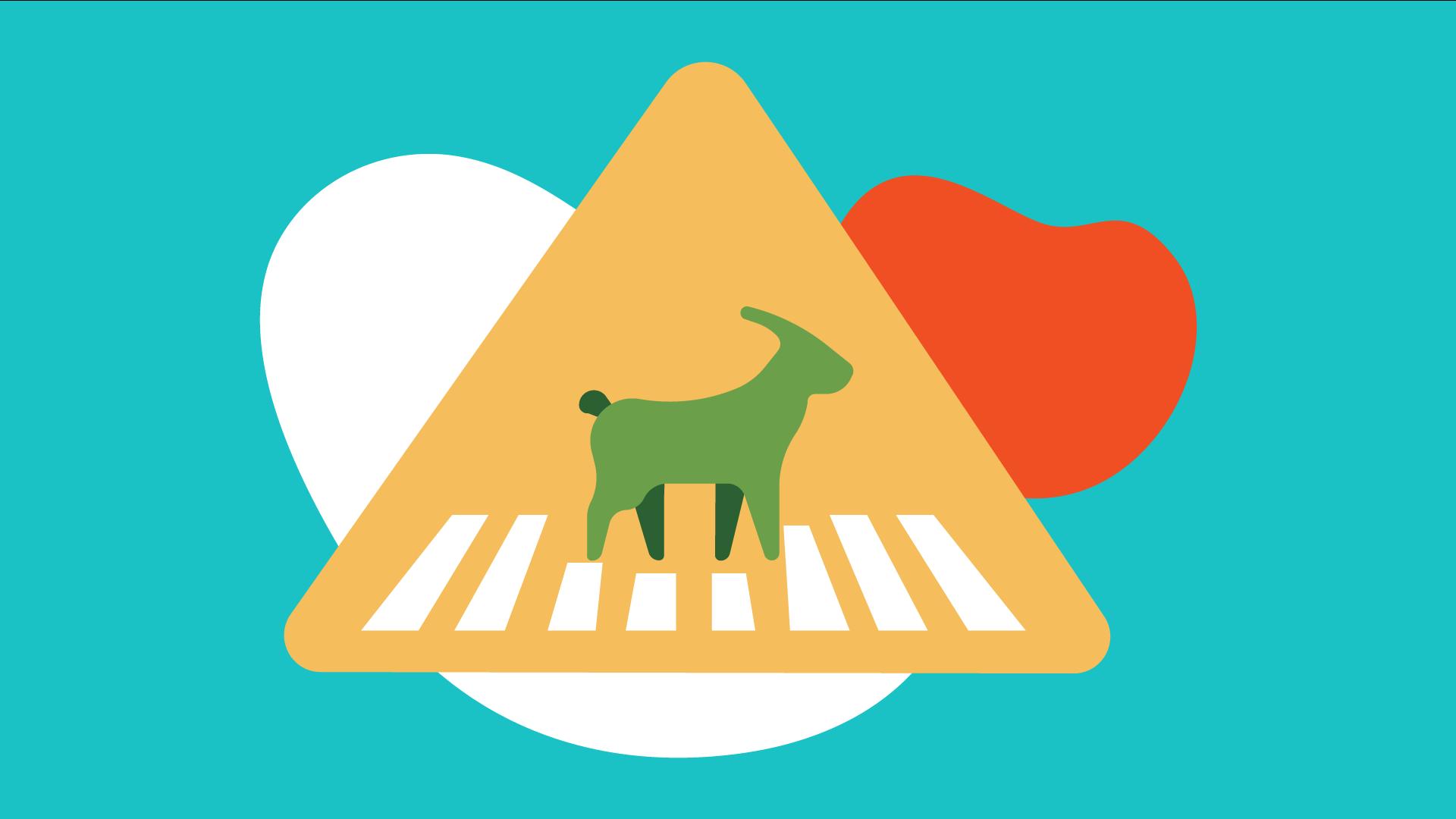
Give as a gift
In this panel, we will explore what is meant by human-wildlife conflict, and how the factors that create such conflict are caused by multiple anthropogenic pressures which are not always easy for conservationists to isolate and “solve”. Our panel of filmmaker, ecologist, and conservationists will discuss how film can bring the complexities of human-wildlife conflict closer home as well as the dissonance between mainstream “charismatic” narratives and the reality on the ground...
Meet the panelists:
Cara Tejpal is a wildlife conservationist and writer with the Sanctuary Nature Foundation. She heads campaigns, communications and the Mud on Boots Project, a unique programme designed to empower grassroots conservationists across India
Vinon Krishnan is an accountant-turned-conservationist and Research Affiliate. He works with Dr. Ananda Kumar on a radically new approach to deal with the conflict between humans and elephants, which is shown in the film Elephants in My Backyard, showing at ALT EFF 2020.
Dr. Ananda Kumar is a scientist with the Nature Conservation Foundation, India. His doctoral thesis focussed on human-elephant conflict and behaviour of Asian elephants in a human-dominated landscape of plantations and rainforest fragments. His prior work includes the ecology, behaviour, and distribution of primates and large mammals in the region. His major goals are to involve the local communities, government departments, school children, and also the business community in rainforest restoration and wildlife conservation in the region.
Dr. Rebecca Kormos has been involved in the conservation of chimpanzees in Guinea for over two decades and co-directed Cries of our Ancestors, showing at ALT EFF 2020. AMongst other feats, she designed and led a project to study the effects of armed conflict on biodiversity, worked in policy and advocacy, leads or is a member of numerous international committees and tasks forces on the Great Apes. Rebecca now works as a Senior Associate at Global Wildlife Conservation.
Dr. Vidya Athreya is an ecologist with Wildlife Conservation Society - India, who has worked on interactions between leopards and humans for the last one and a half decades. She is interested in understanding the complexities of human - wildlife interactions in the backdrop of the socio-cultural ethos in India that inspires tolerance for other life forms. She stressed on the importance of engaging with other stake holders and has worked extensively with the media, and local Forest Departments.
In this panel, we will explore what is meant by human-wildlife conflict, and how the factors that create such conflict are caused by multiple anthropogenic pressures which are not always easy for conservationists to isolate and “solve”. Our panel of filmmaker, ecologist, and conservationists will discuss how film can bring the complexities of human-wildlife conflict closer home as well as the dissonance between mainstream “charismatic” narratives and the reality on the ground...
Meet the panelists:
Cara Tejpal is a wildlife conservationist and writer with the Sanctuary Nature Foundation. She heads campaigns, communications and the Mud on Boots Project, a unique programme designed to empower grassroots conservationists across India
Vinon Krishnan is an accountant-turned-conservationist and Research Affiliate. He works with Dr. Ananda Kumar on a radically new approach to deal with the conflict between humans and elephants, which is shown in the film Elephants in My Backyard, showing at ALT EFF 2020.
Dr. Ananda Kumar is a scientist with the Nature Conservation Foundation, India. His doctoral thesis focussed on human-elephant conflict and behaviour of Asian elephants in a human-dominated landscape of plantations and rainforest fragments. His prior work includes the ecology, behaviour, and distribution of primates and large mammals in the region. His major goals are to involve the local communities, government departments, school children, and also the business community in rainforest restoration and wildlife conservation in the region.
Dr. Rebecca Kormos has been involved in the conservation of chimpanzees in Guinea for over two decades and co-directed Cries of our Ancestors, showing at ALT EFF 2020. AMongst other feats, she designed and led a project to study the effects of armed conflict on biodiversity, worked in policy and advocacy, leads or is a member of numerous international committees and tasks forces on the Great Apes. Rebecca now works as a Senior Associate at Global Wildlife Conservation.
Dr. Vidya Athreya is an ecologist with Wildlife Conservation Society - India, who has worked on interactions between leopards and humans for the last one and a half decades. She is interested in understanding the complexities of human - wildlife interactions in the backdrop of the socio-cultural ethos in India that inspires tolerance for other life forms. She stressed on the importance of engaging with other stake holders and has worked extensively with the media, and local Forest Departments.
